The Department of Anthropology manages NMSU's University Museum, which serves as a resource and a center of object-based learning for students, faculty, staff, and community members to explore human experiences. Learn more about our exhibitions, collections, and learning opportunities by visiting our website!
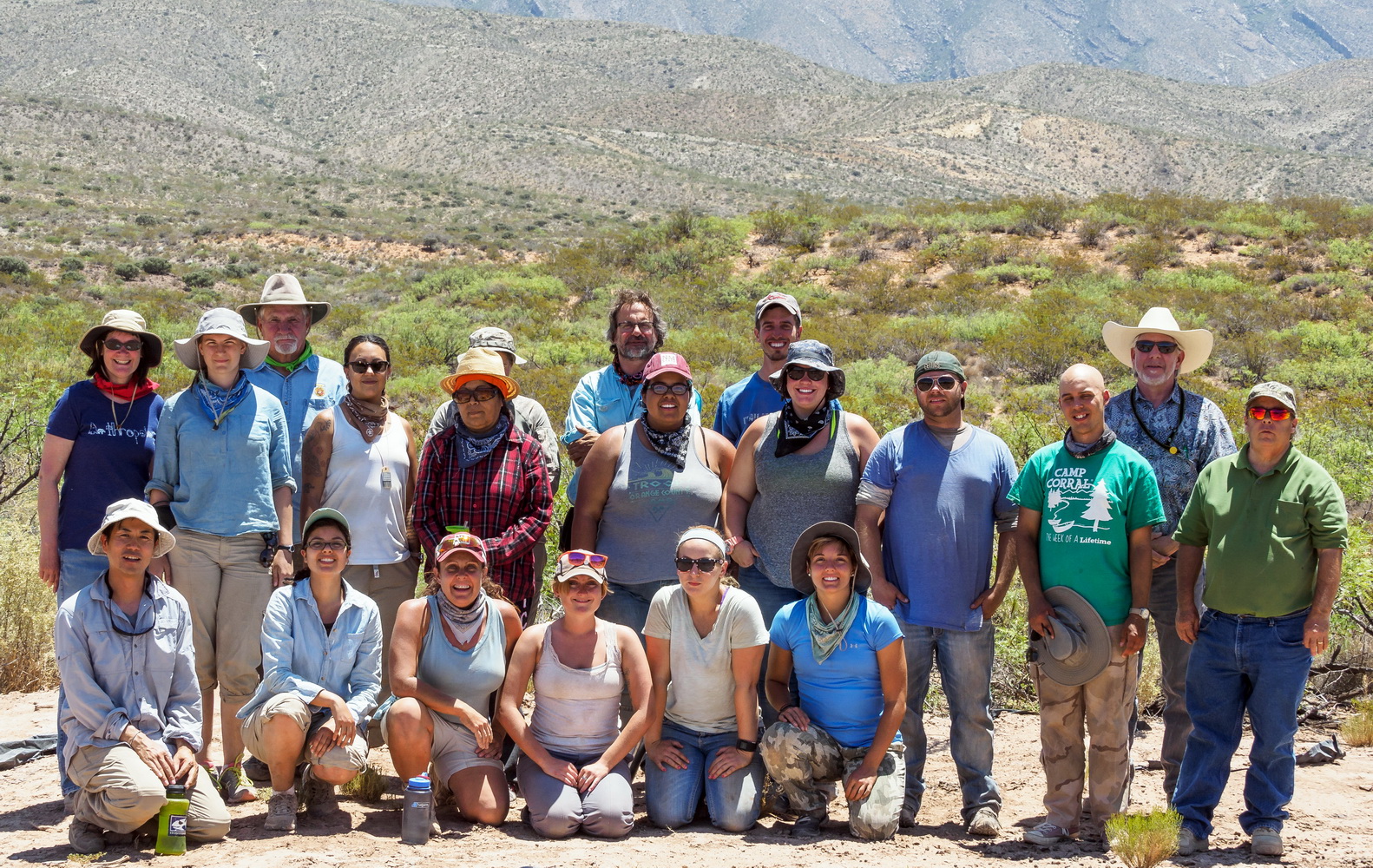
NMSU Archaeological Field School
Every summer, NMSU archaeologists offer 6-week archaeological field school classes to provide undergraduate and graduate students with critical job skills and a unique research experience. Visit the field school website to learn more about our upcoming programs!
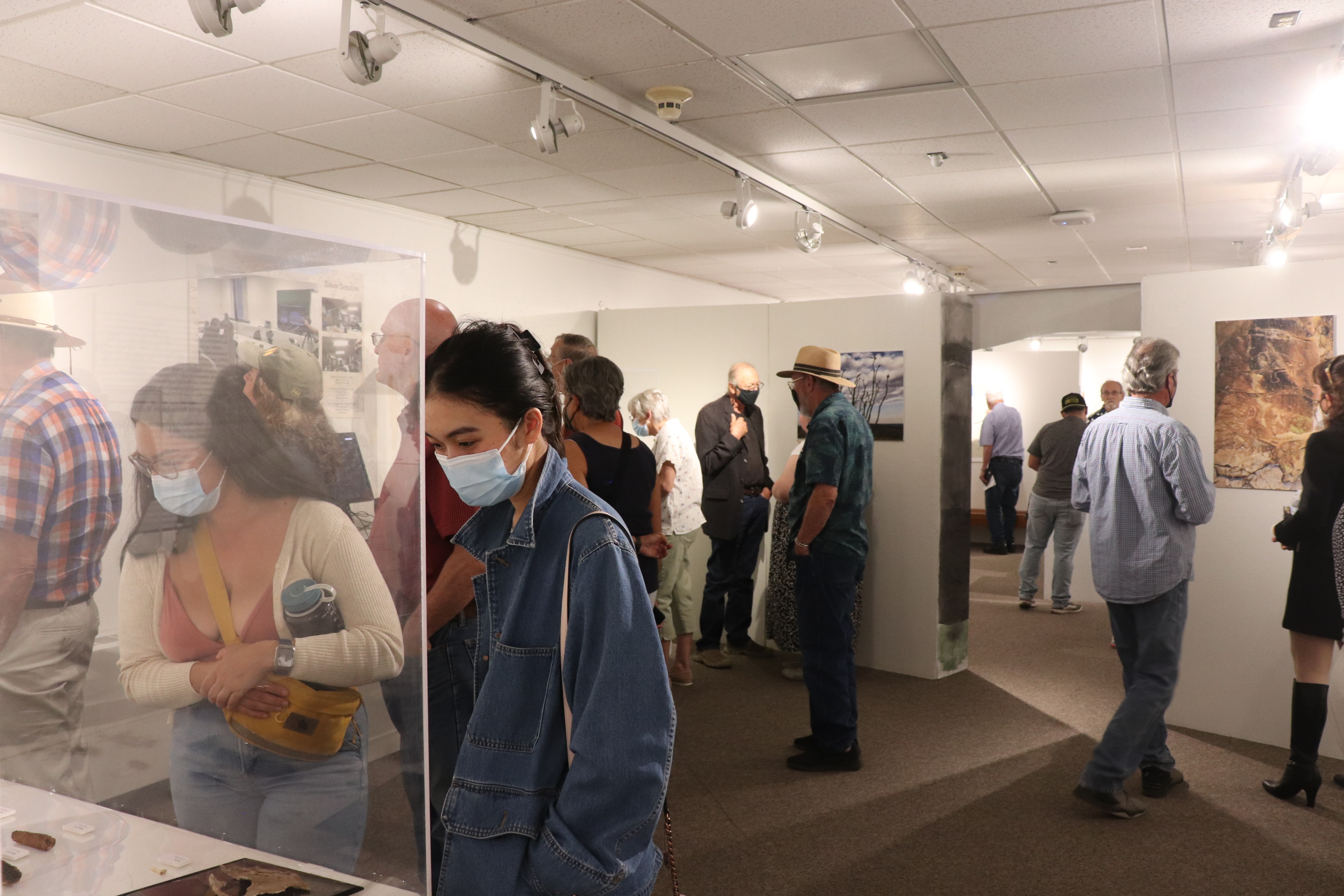
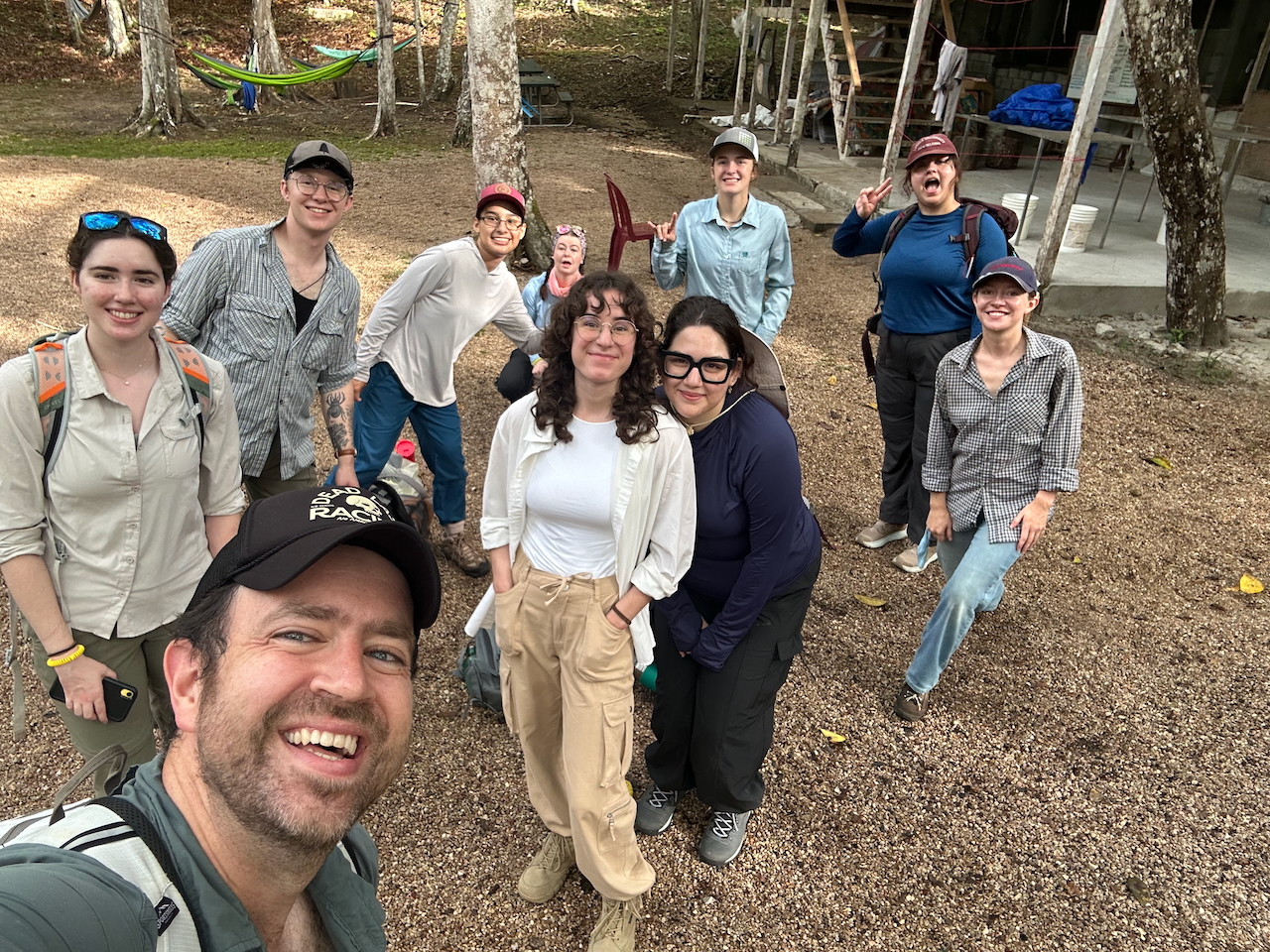
Field Research in Belize
In the summer of 2025, Dr. Tom Hart took the NMSU archaeological field school to Belize to participate in fieldwork at the ancient Mayan site of La Milpa. This field program is part of the Belize Archaeological Project, a multi-year project involving a team of researchers from various institions. Click on the article link below to learn more about this project.
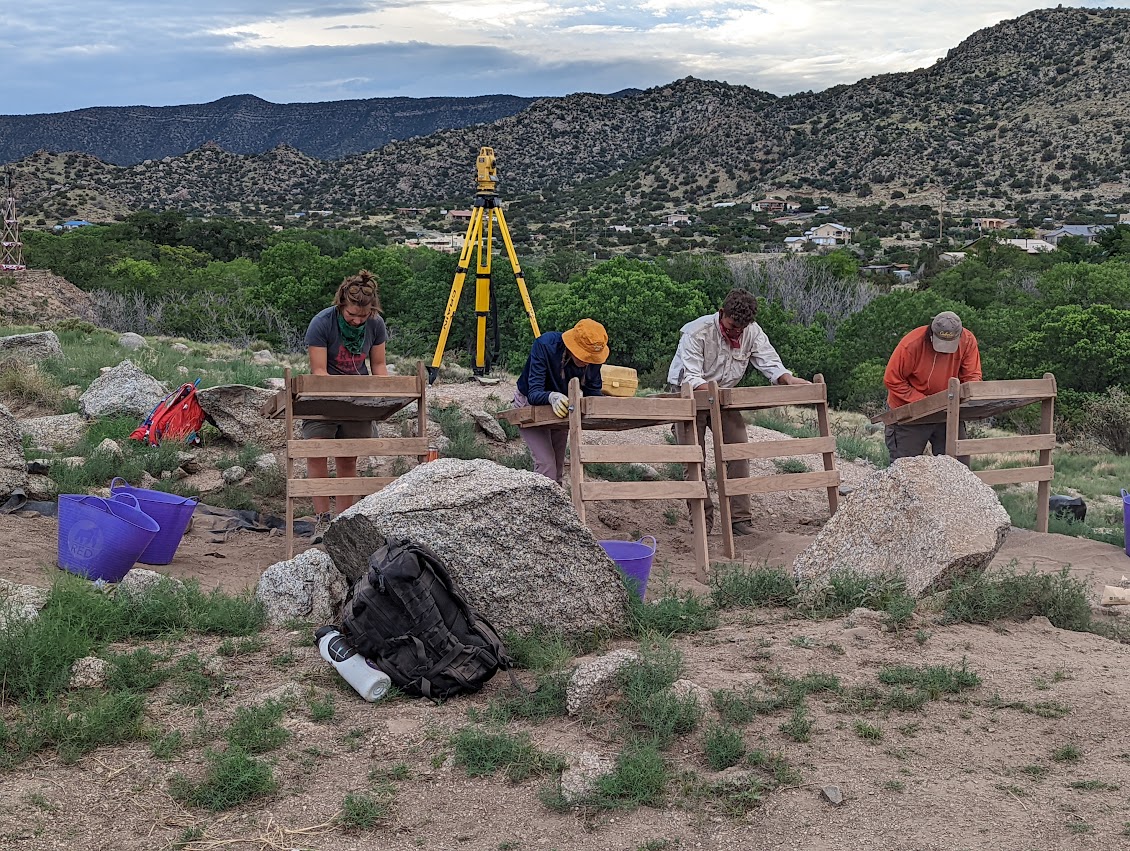
Cañón de Carnué Archaeological Project
Dr. Kelly Jenks directs the Cañón de Carnué Archaeological Project, a collaborative project involving the Cañón de Carnué Land Grant, NMSU Archaeological Field School, and City of Albuquerque's Open Space Division. This project aims to provide students with archaeological research experience while serving the interests of the descendant community and the needs of cultural resource management.
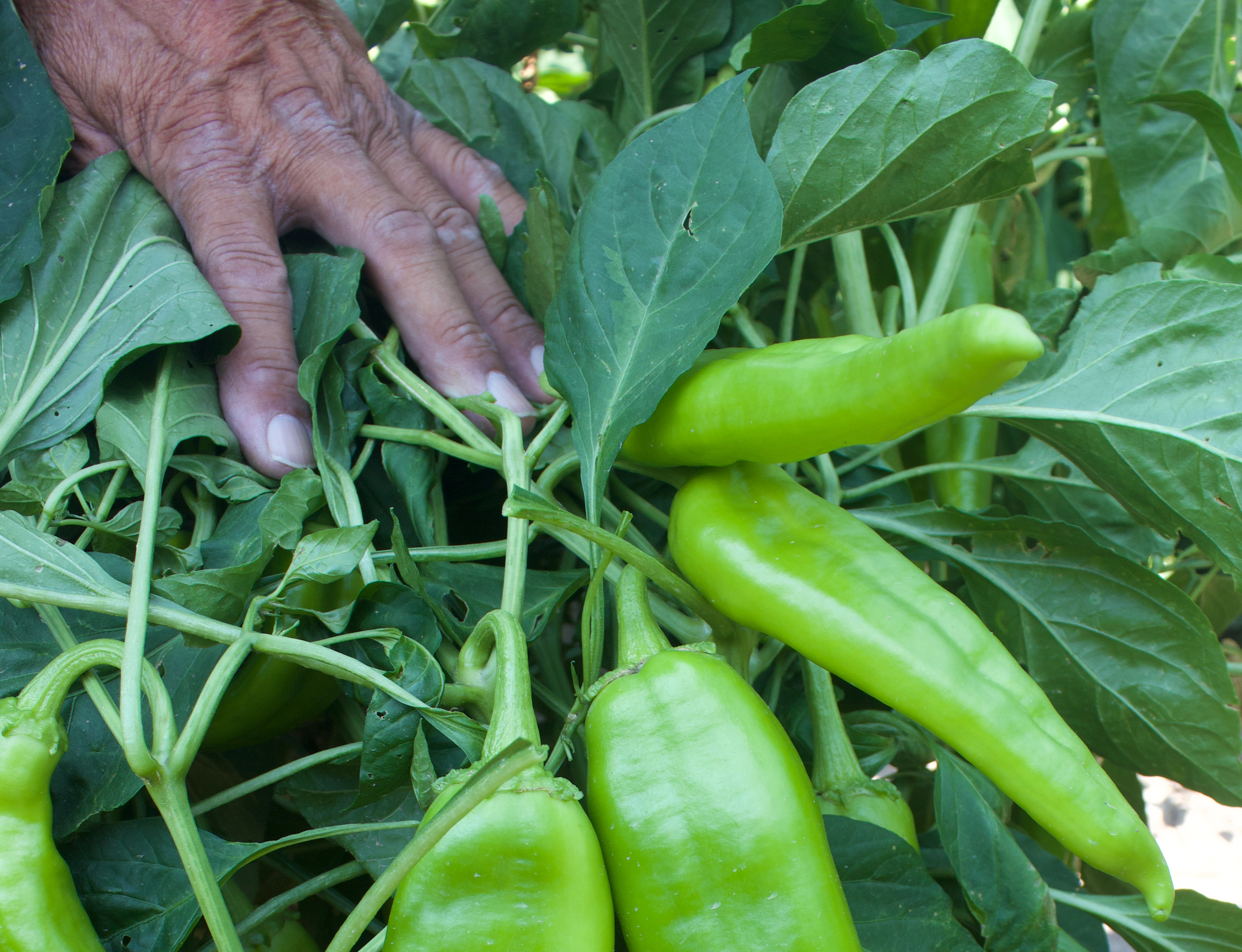
Water scarcity and New Mexico's chiles
Dr. Holly Brause takes an anthropological approach to the study of New Mexico's famous green and red chiles! In this episode of the Gastronomica podcast, Brause explains how New Mexican chile farmers are dealing with climate change and water scarcity, and talks about some of the unintended consequences of their new farminig strategies.

Fighting for reproductive rights in Brazil
Dr. Alejandra Marks studies reproductive healthcare and social movements in Latin America--especially in Cuba and Brazil. In 2021, she published an article in the North American Congress on Latin America (NACLA) about the current fight for reproductive rights in Brazil.
Health in the Borderlands
Dr. Katie Olszowy has been working with Anthropology graduate students on research projects in biological anthropology related to diabetes, food and water insecurity, and the Covid-19 pandemic here in the US-Mexico borderlands.
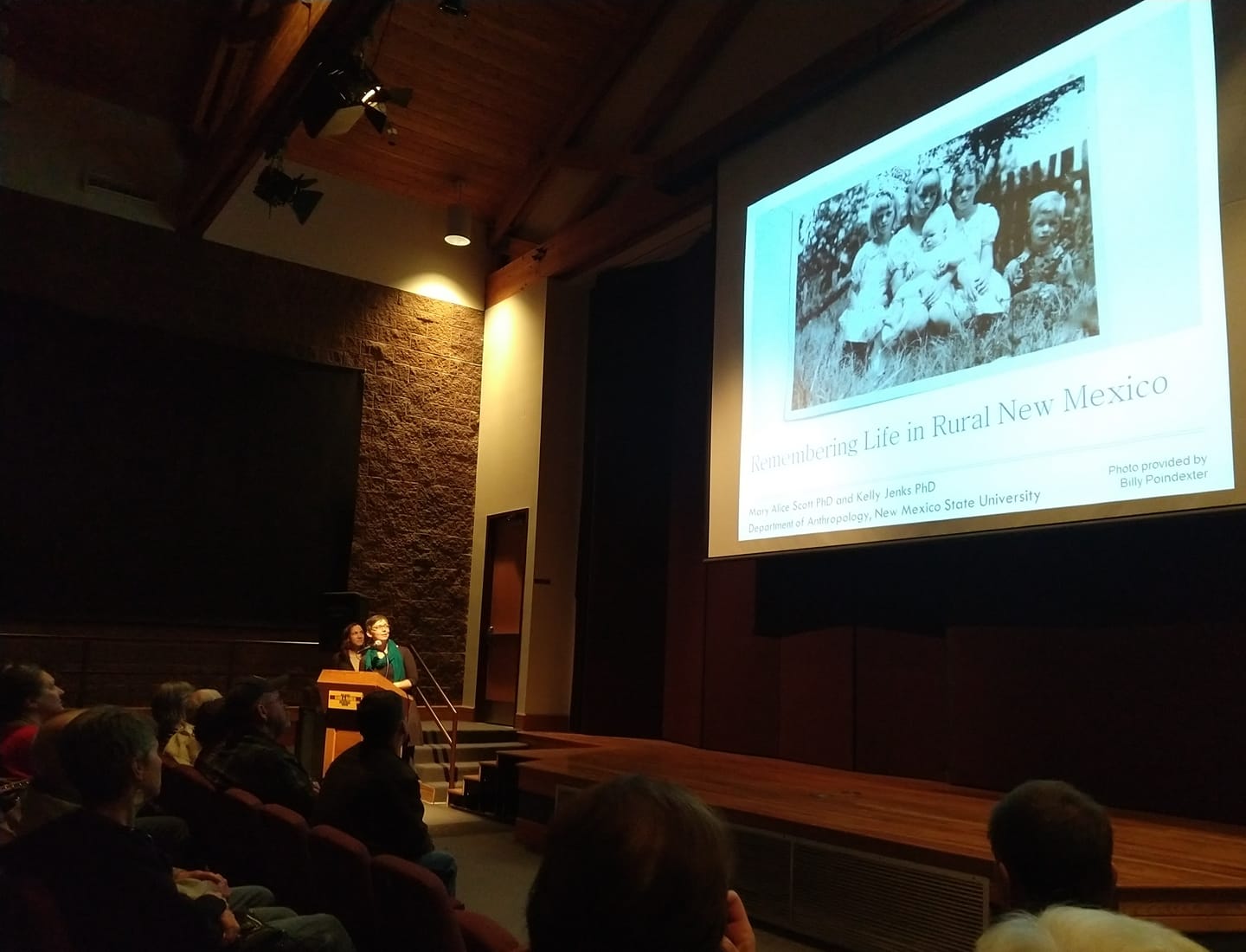
Oral histories describing rural New Mexico
NMSU anthropology faculty and students conducted oral history interviews throughout New Mexico to learn more about daily life in rural communities during the early-to-mid 20th century. Jose Loera (graduate of NMSU's Creative Media Institute) produced a short podcast series featuring clips of these interviews.
Collaborative research on ancient domesticated corn
In the mid-1980s, archaeologists working in the southern part of the Organ Mountains discovered nearly 200 dessicated corncobs. These specimens appeared to represent several different varieties, and the smallest specimens were approximately 3,000 years old. These ancient corncobs have been preserved for more than 30 years at NMSU’s University Museum awaiting new technologies that could unlock their secrets without destroying the samples.
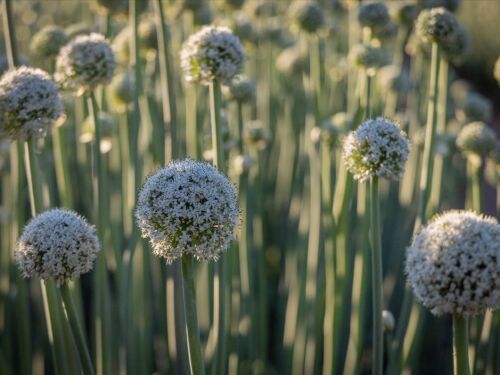
Food and culture
Dr. Lois Stanford's research centers on the conservation of traditional foodways, food sovereignty, food security, and food justice in the US Southwest, US-Mexico Borderlands, and Mexico. Her research in Mexico focused on the avocado industry in Michoacán and culinary tourism, while her applied work in the US-Mexico borderlands examines problems and solutions in food sovereignty and food justice issues.
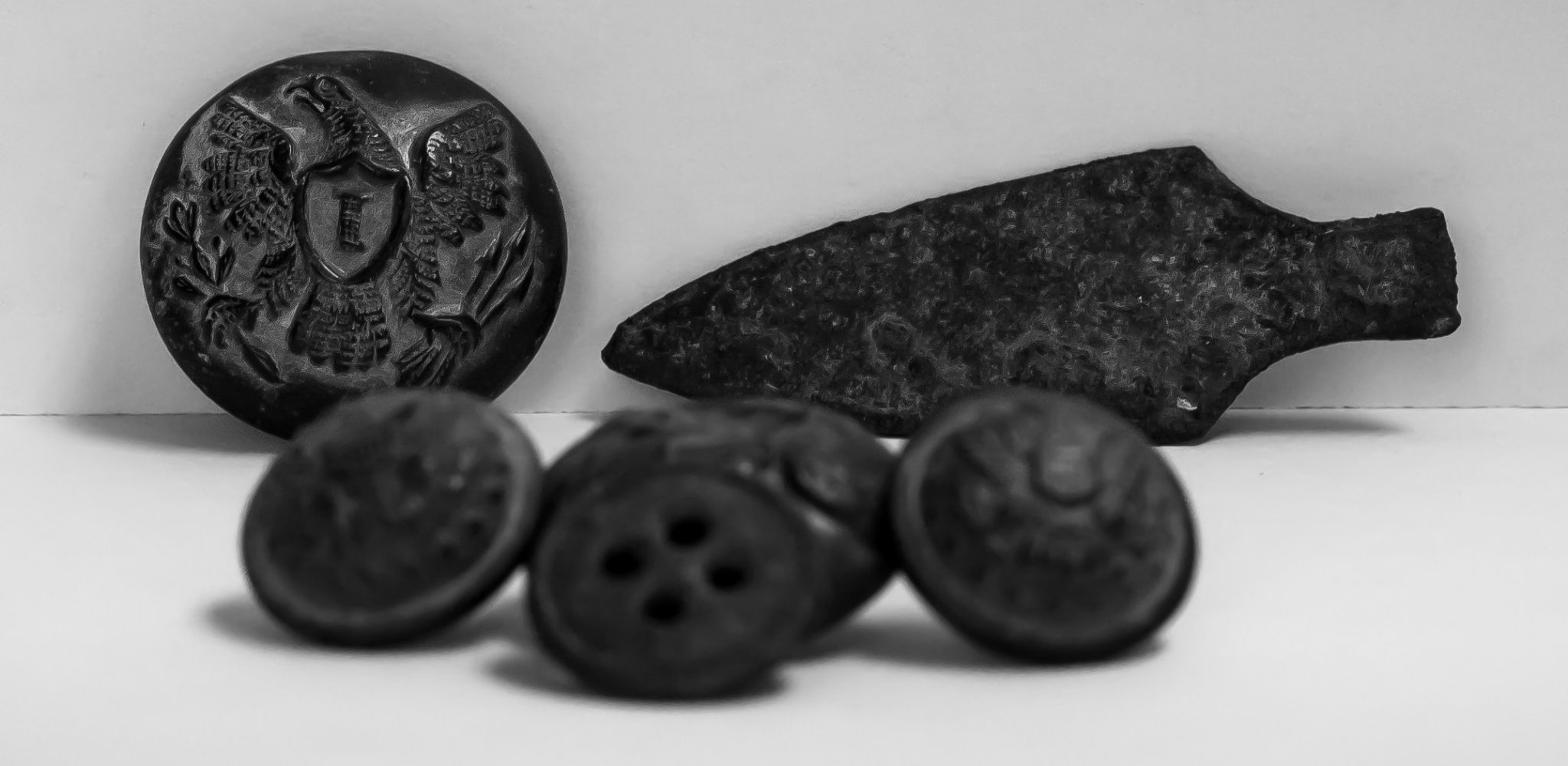
El Camino Real de Tierra Adentro
NMSU archaeologists have been studying the Spanish "royal road" for decades, beginning with Dr. Ed Staski's survey and excavation projects in the 1990s and early 2000s. In 2015, Dr. Kelly Jenks began working with the Bureau of Land Management on several field and collections-based projects. While the field research is mostly complete, work with the artifact collections is ongoing.
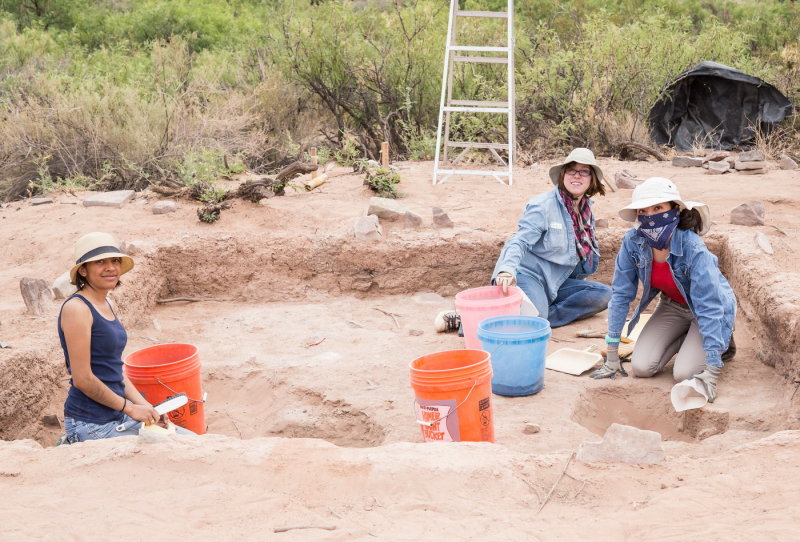
Cottonwood Springs Archaeological Project
Dr. Bill Walker is the director of a multi-year archaeological research project at Cottonwood Spring Pueblo (LA 175), located on the western flanks of the San Andres Mountains just north of Las Cruces, NM. This 14th-century village dwarfs most other El Paso phase sites (AD 1300-1450), and was occupied during a period of significant climate change and social upheaval. Learn more about this research in his "Friday Bytes" lecture at the Jornada Experimental Range.
